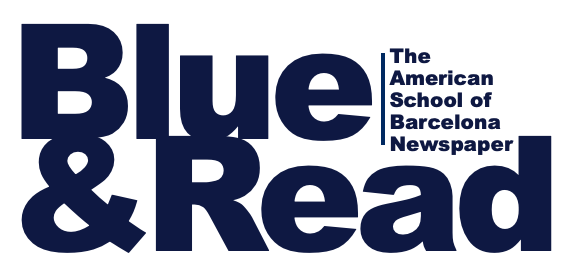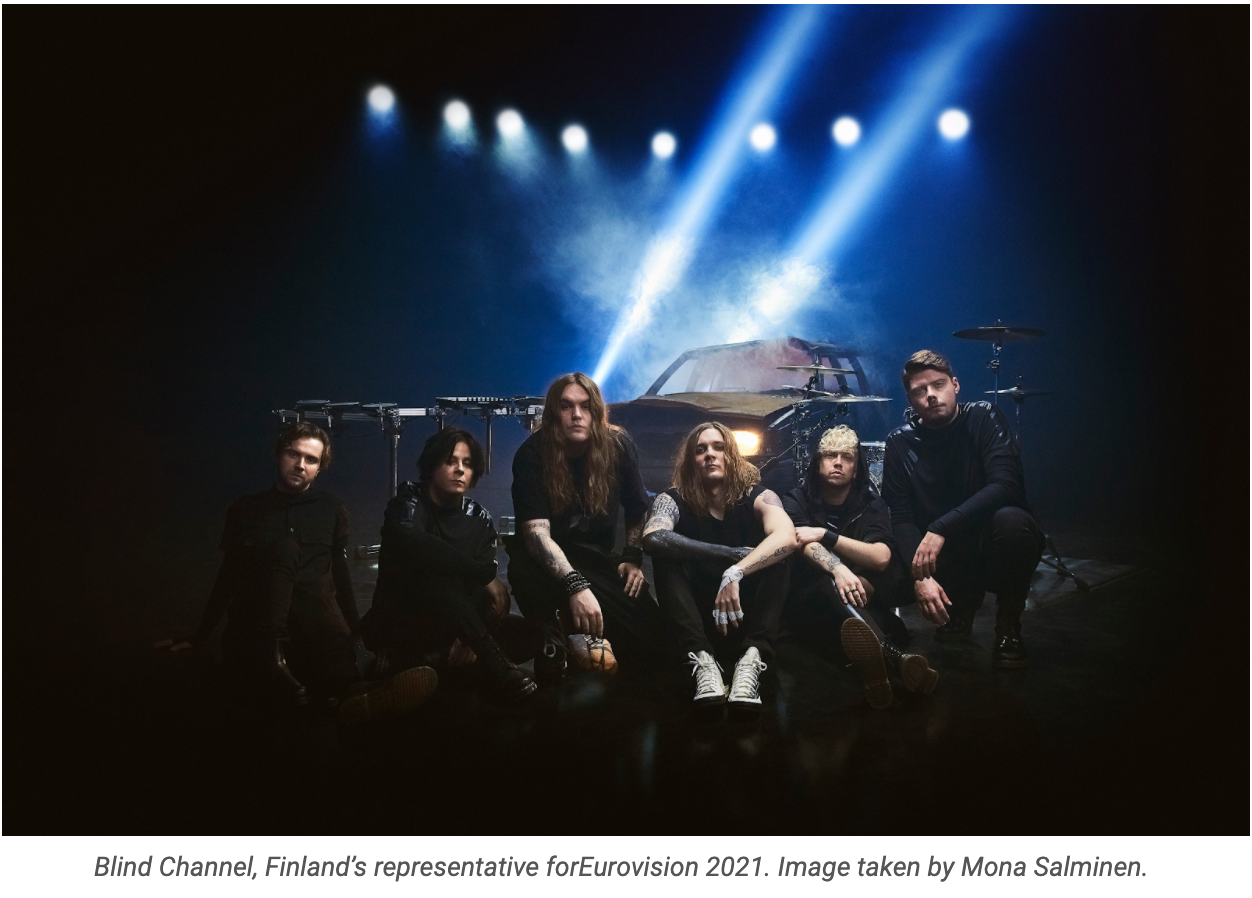After Eurovision was cancelled for the first time in history due to the global pandemic, the song contest will finally return on the 18th of May this year. Aired annually since 1956, the Eurovision is one of the biggest non-sporting TV events of the world. Each year, about 42 European countries (although nations such as Australia, Cyprus and Turkey have also been invited) submit a song to be performed on the host country’s stage for international television. The Eurovision winner is picked by a mix of public votes and national jury votes (consisting of music “experts”) from all participating countries and is rewarded with international acclaim, the Eurovision trophy, and the opportunity to host next years’ competition. Although each edition of the song contest is much anticipated, this year is proving to be especially exciting.
One of the main reasons why this specific year has built up excitement is due to the coronavirus pandemic, ironically the very thing that resulted in the cancellation of the 2020 Eurovision contest. The host country, the Netherlands, has now had extra time to figure out logistics to produce an entertaining show while respecting social distancing protocols. These additional precautions, as well as the permission for countries to show pre-taped performances instead of the usual live shows, will force the artists to create an act with spectacular staging and production value. In some previous years, such as 2017, LED lights were not allowed to be used on stage due to the complexity of the programming, which led to good songs being sabotaged by poor staging. The Netherlands now have high expectations to produce amazing stage shows to compensate for the lack of a big live audience inside of the venue, the Ahoy Arena.
The most essential reason why this edition of Eurovision will be sensational is because of the great performance lineup. Twenty-six artists that were scheduled to compete last year now have the chance to return to Eurovision, including several fan-favourites: Dađi Freyr from Iceland, The Roop from Lithuania, Samira Efendi from Azerbaijan, Victoria from Bulgaria and Gjon’s Tears from Switzerland. The countries that didn’t choose the same artist to represent them this year give a platform to new local artists and bring fresh air to the competition.
In contrast to 2017, a very ballad-heavy show, or 2018, a year filled with radio-friendly pop songs, 2021 provides a setlist filled with different genres of music and varying performances. Of course, countries like Sweden and the UK are guaranteed to send generic “middle-of-the-road” performances, as they do every single year. However, this year at least three acts are guaranteed to bring variety to the show: Go_a from Ukraine will perform an electro-folk song, the Italian band Måneskin is planning to sing a classic rock song, and the Finnish band Blind Channel is prepared to channel Linkin Park in their act. It is also important to note that San Marino, a country that has yet to win Eurovision, has managed to include the American rapper Flo Rida in their new act along with Italian performer Senhit, which will be interesting to watch.

Eurovision is always a highly anticipated event in Europe, but after two years of waiting, very high expectations have been set for the upcoming show. The Netherlands, a five-time victor of the contest, has proved in the past that they are more than capable of putting on a good show, but the prevalent pandemic might complicate things. Nevertheless, Eurovision has always been a symbol of international cooperation and a celebration of music from different cultures, and after such a devastating year, this Song Contest will hopefully be able to lift the spirits of the people of Europe.

